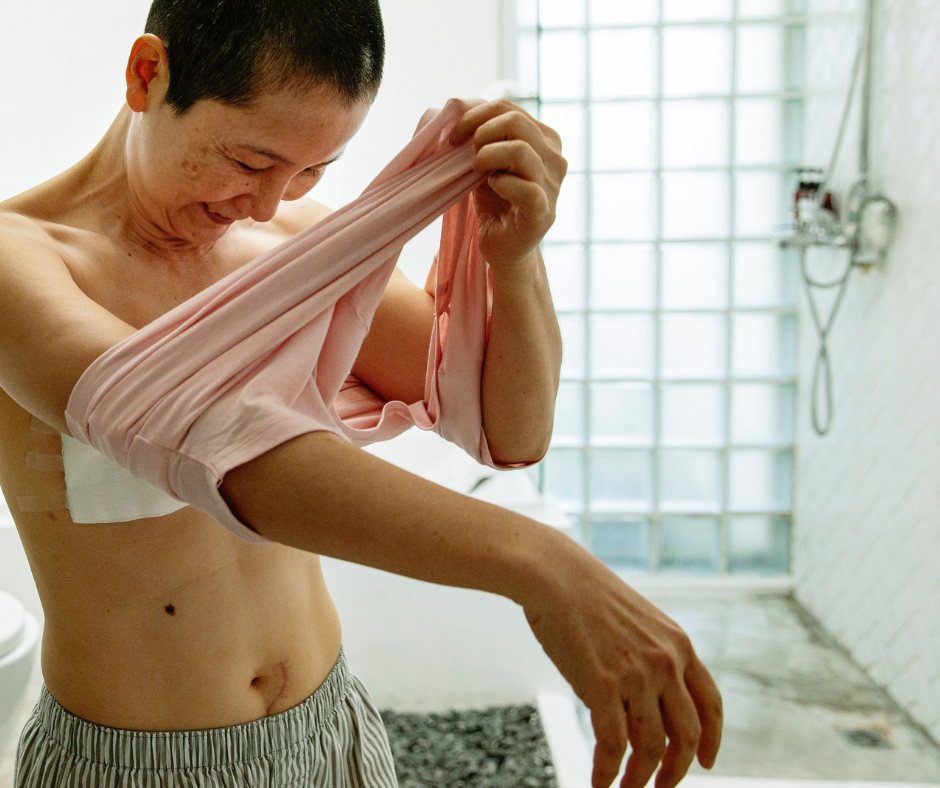
Why physiotherapy for cancer rehab?
In recent years there has been more and more research into the wide range of benefits of physiotherapy and exercise at all stages of cancer treatment. Some of the proven benefits are reduced fatigue, improved motion, improved mood, improved quality of life, and reduced rates of lymphoedema.
Lizette de Klerk has completed training specifically in cancer rehabilitation
Cancer rehabilitation physiotherapists evaluate each patient individually, assessing your current situation, concerns and goals. Doing so helps them to then establish a program specifically for you. Your physiotherapy program may involve a series of sessions including hands-on therapeutic methods and exercises designed to address your movement restrictions and help you reach your goals.
How can physiotherapy help?
Physiotherapy input during cancer rehabilitation can help to:
- Optimise physical and functional recovery
- Ease pain and muscular tension
- Regain strength and mobility
- Increase energy levels
- Strengthen core muscles and improve posture
- Reclaim body confidence

When to consult a physiotherapist
Before Surgery
Pre-op assessment for baseline measures are ideal. This is a great time to provide education about your recovery & progressive post-op exercises.
Sensory changes
If you perceive sensory changes in your chest wall/arm (heaviness, fullness, tightness, etc.), especially if it is associated with visual swelling.
Before treatment
Before starting any treatment regimen; learn about potential side effects, how to prevent them, and when to follow up should they occur.
Functional changes
If you notice functional changes with daily activities or exercises like decreased strength, movement restrictions, impaired endurance, or changes in balance/motor function.
Hesitancy
Inability or hesitancy to perform the things that usually elevate your quality of life like sexual intimacy, exercise, sports, hobbies, or work performance.
Skin Changes
If you are experiencing pain, tightness, or range of motion restrictions associated with scar tissue or skin changes.
